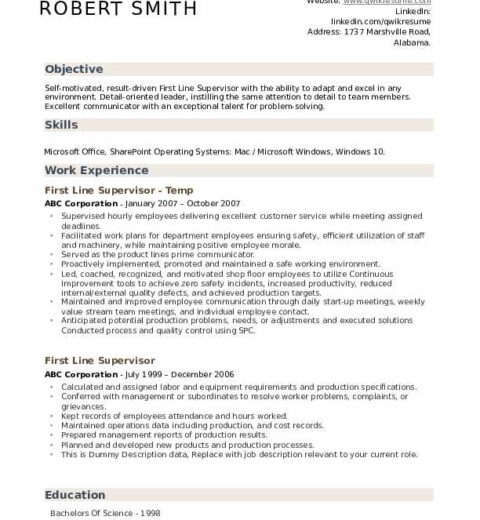In the competitive landscape of job searching, a résumé often serves as the initial point of contact between a candidate and a potential employer. One frequently debated topic among job seekers is whether a résumé must adhere to a one-page constraint. This article seeks to elucidate the parameters that govern résumé length, addressing a pivotal concern for many applicants.
The conventional wisdom tends to favor the one-page résumé, primarily for its succinctness and clarity. Recruiters and hiring managers are frequently inundated with applications; thus, a concise, one-page document can facilitate quicker assessments of qualifications. However, it is essential to recognize that the appropriate length of a résumé can vary based on multiple factors, such as the individual’s level of experience, industry standards, and the specific demands of the job in question.
For candidates whose experience spans several years—often more than a decade—a one-page résumé may not suffice to encapsulate their professional journey. In such instances, a two-page résumé is not only acceptable but often recommended. This format allows for a comprehensive depiction of accomplishments, skills, and pertinent experiences without sacrificing clarity. It is vital that the additional length serves a purpose; superfluous information should be meticulously avoided.
A critical consideration when determining the length of a résumé is the industry in which one operates. For example, creative fields such as advertising, marketing, and graphic design might tolerate or even encourage a more innovative approach to résumé presentation. In these sectors, a two-page résumé may incorporate visual elements that very much contribute to the applicant’s personal brand. Conversely, industries that prioritize precision and formalism—such as finance, law, and engineering—tend to stick more rigidly to the one-page format. It is crucial to tailor the résumé to align with the expectations of the specific sector.
Another pivotal factor is the nature of the job application itself. Certain roles, especially those at senior levels or in specialized fields, may require additional detail to illustrate the requisite qualifications. For instance, an academic position may demand a comprehensive overview of publications, research, and teaching experiences that cannot be condensed into a single page. In contrast, entry-level positions typically command a brief overview that highlights education, internships, and relevant coursework.
Furthermore, within the realm of technology and healthcare, the requirements can vary significantly. For example, a software engineer might find it essential to include diverse programming languages, projects, and certifications that justify a longer résumé. Simultaneously, healthcare professionals may need to detail their academic credentials and hands-on experience—a two-page representation may thus become necessary.
As candidates consider whether to exceed the one-page guideline, they must grapple with a fundamental truth: quality supersedes quantity. Length alone should not become the focal point; instead, every line of text must contribute to the overarching narrative of qualifications. Focused brevity can often catch a hiring manager’s attention more effectively than extensive elaboration that detracts from essential information.
When crafting a résumé, the underlying structure is of paramount importance. A well-organized document with discernible sections—such as education, experience, skills, and certifications—facilitates expedited information retrieval. Disorganized résumés, regardless of length, run the risk of being dismissed in favor of more carefully curated counterparts.
In some niches, particular styles or formats might detract from the professional appearance of a résumé. Overly artistic designs or excessive color schemes can muddle the intended message. Candidates must strike a balance between creativity and professionalism, ensuring their documents are visually compelling without undermining their gravitas.
Conversely, there are scenarios where brevity can be detrimental. Candidates should avoid the pitfalls of limiting their résumé purely to one page out of a sense of obligation. Those with extensive accomplishments or unique experiences may inadvertently diminish their appeal if they attempt to funnel their qualifications into a restrictive format. Authentic self-representation is a fundamental aspect of job application success.
For individuals grappling with résumé length, consulting industry-specific resources or seeking feedback from seasoned professionals can prove invaluable. Networking with peers can facilitate a deeper understanding of current trends and expectations in their respective fields.
In conclusion, while the one-page résumé tradition persists, it remains fundamental to evaluate the necessity of expanding the document’s boundaries. Candidates must weigh their levels of experience, industry conventions, and the job specifications to determine the optimal length for their résumés. Ultimately, the goal is to create a narrative that showcases qualifications effectively; adhering strictly to a one-page format can hinder this process. A focused, informative, and well-structured résumé—be it one or two pages—will significantly enhance a candidate’s potential to stand out in a crowded job market.



